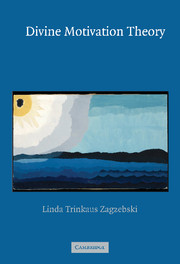Book contents
1 - Constructing an ethical theory
Published online by Cambridge University Press: 02 December 2009
Summary
The virtuous person is a sort of measure and rule for human acts.
Aristotle, Nicomachean Ethics X.5VALUE CONCEPTS AND THE METAPHYSICS OF VALUE
Let us begin with good and bad. One of the things I will argue in this book is that the ways of having value are not all forms of good and bad, but because good and bad are as close to basic as we are going to get, I begin with them for simplicity. One of the most obvious but also most troublesome features of good and bad is that they apply to things in a variety of metaphysical categories: objects of many kinds, persons and their states and traits, acts, and the outcomes of acts. We also call states of affairs good or bad apart from their status as act outcomes, and we call certain things designated by abstract names good – life, nature, knowledge, art, philosophy, and many others. Some of the things in this last category belong in one of the other categories, but perhaps not all do.
Do the items in these different categories have anything nontrivial in common? One plausible answer is that they are all related to persons. That answer applies to states of persons such as pleasure or happiness, character traits, motives, intentions, acts and their outcomes, and states of affairs that are valuable to persons in some way, whether or not they are produced by human acts.
- Type
- Chapter
- Information
- Divine Motivation Theory , pp. 3 - 50Publisher: Cambridge University PressPrint publication year: 2004



